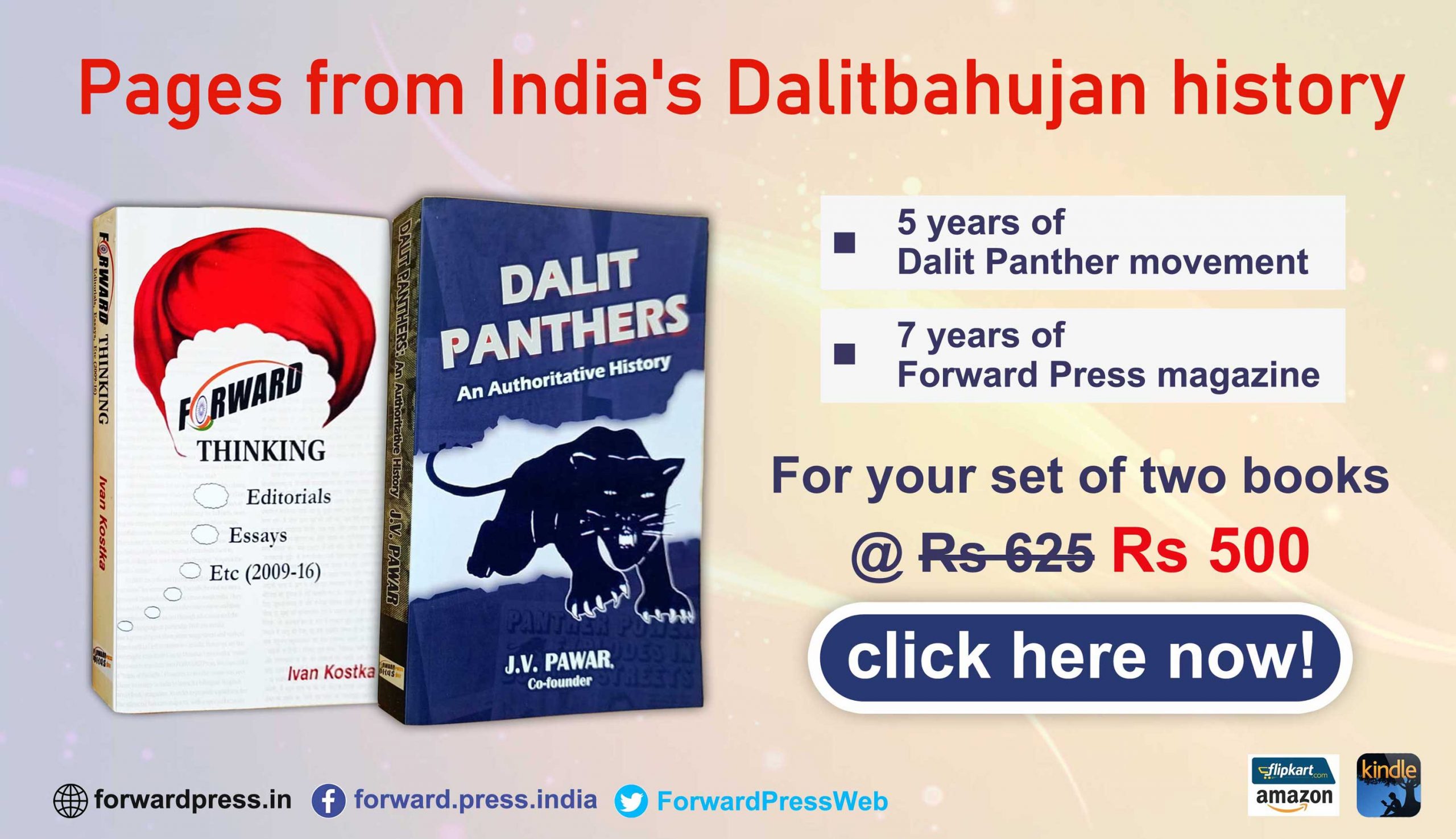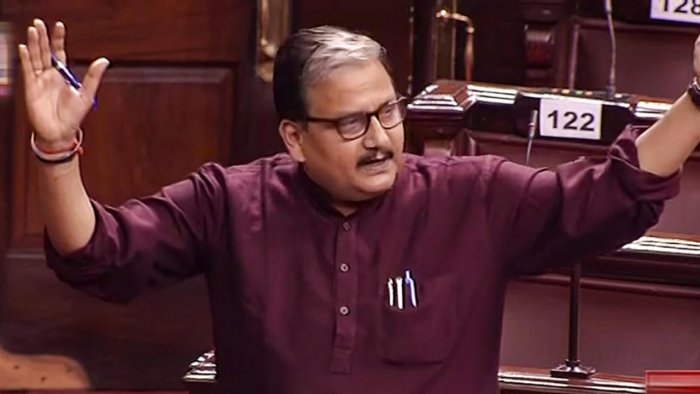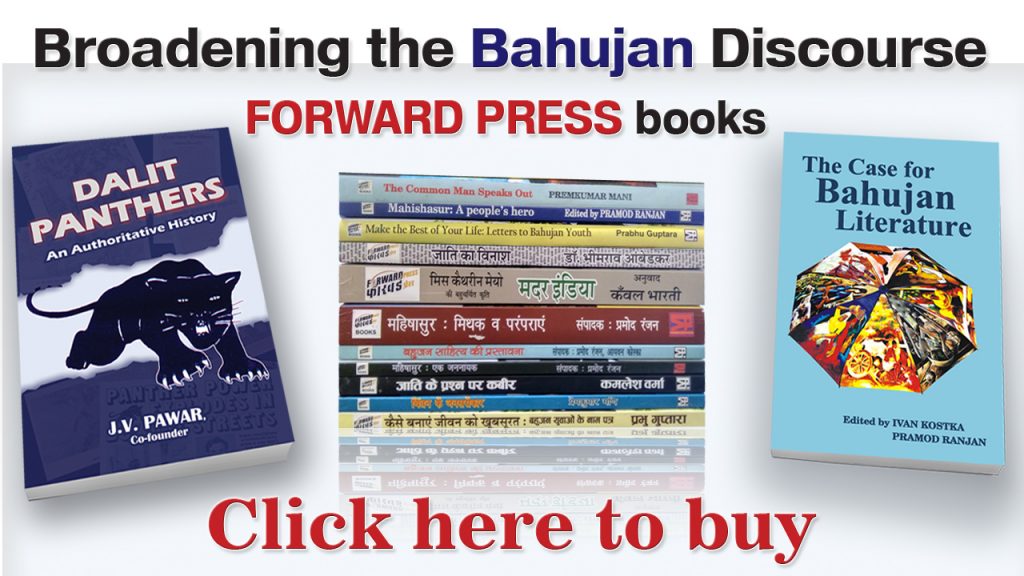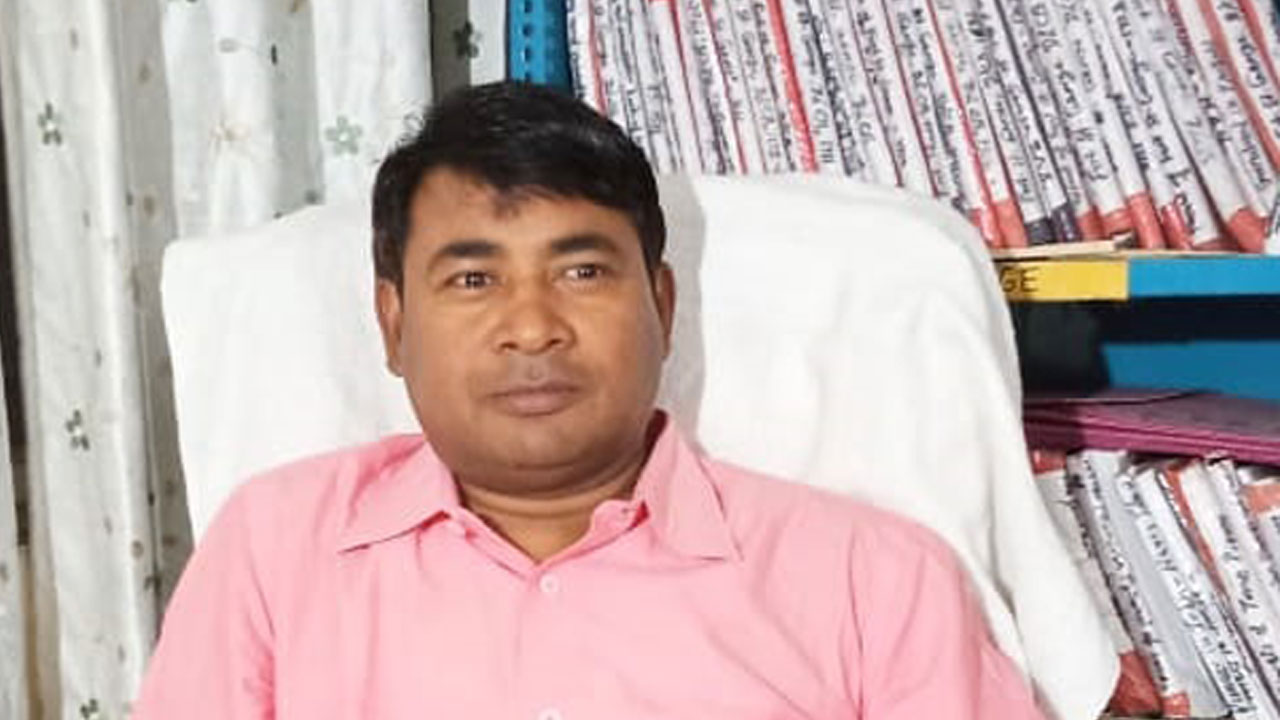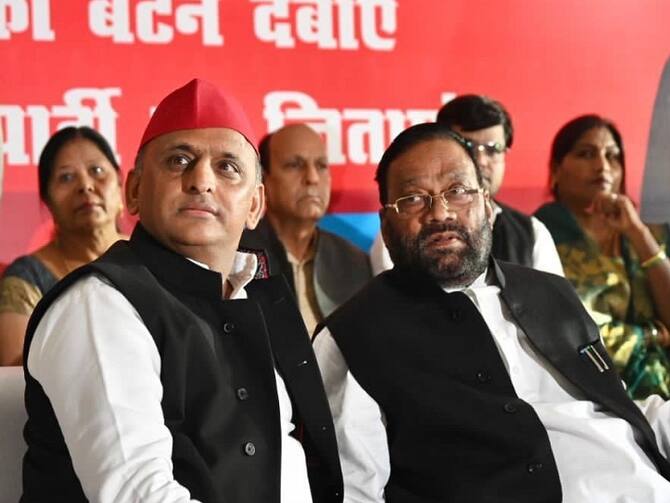(On 25 March 2022, the Bharatiya Janata Party’s Rakesh Sinha moved a private member’s resolution in Rajya Sabha. The resolution, among other things, sought establishment of research foundations at the state and district levels along the lines of the National Research Foundation for rejuvenating India’s knowledge tradition. Prof Manoj Kumar Jha, who represents the Rashtriya Janata Dal, opposed the resolution. This is the English translation of a major portion of Jha’s speech, telecast by Sansad TV)
Deputy Speaker, sir, I know that when we people talk about Macaulay, we rain barbs at him. But we should also consider why Dalitbahujan thinkers don’t do that. Why do they believe that Macaulay opened some doors?
I am talking about Babasaheb Bhimrao Ambedkar. Babasaheb was of the view that India’s future lay in Western education and Western institutions. We will garland Baba Saheb’s statue, we will make films on him, but we will not assimilate his thoughts, because Babasaheb challenges your ethnocentric approach and tries to demolish it. These are the kinds of contradictions. I understand that Babasaheb himself not only mentioned these contradictions but turned these contradictions into a movement – he didn’t ask without reason to agitate and educate. Why? Because he knew the kind of education [we needed].
You are talking about ancient India but everything that is ancient isn’t golden. We all were told that the Gupta period was the golden period of Indian history. When we read about it closely, we discovered that it had come about through slavery; it had witnessed deterioration in the status of women. This House and all of us have to inaugurate a new system. Then, the golden period will be in the future, which we shall take and if not possible we shall snatch. I want to put forward my views from this perspective.
Sir, we often become nostalgic about the past. Nostalgically we say the ancient times were like this, the ancient times were like that … In north India, there are few, who, besides knowing of him [Periyar], have also read his works.
Sir, there is this book Sachchi Ramayan. It was banned. Many of his other books were also banned. When people fought against the banning of the book, we all should know what the Allahabad High Court said about Periyar.
Rakesh ji, I am placing this before you. “It is not possible for us to accept that what is written in the book would hurt the religion or the religious sentiments of the Aryans. Rather than deliberately hurting the sentiments of the Hindus, the objective of the writer may have been to highlight the injustice done to his caste. Doing this can definitely not be considered unconstitutional.”
This is what the Allahabad High Court said. Shouldn’t we consider what Periyar believed, what Baba Saheb believed? What will happen if we consider the concept of ancient India in Uttar Pradesh, Madhya Pradesh and Rajasthan, the cow belt – as friends from Tamil Nadu were saying, as Shivadasan was saying – as our concept of ancient India, then what will happen to ‘Ek Bharat, Shreshtha Bharat’ [One India, Great India]. To build ‘Ek Bharat Shreshtha Bharat’ – if you think that India is one from Kashmir to Kanyakumari – we would have to move forward on the basis of cultural diversity and pluralism by doing away with the ethnocentric approach.
Sir, I have talked about going back to the past. There is something called critical pedagogy. There can be many definitions of education but the ultimate one is that it ought to be an instrument for emancipation. It should free people from all kinds of shackles – whether they are ideological shackles, religious shackles or shackles of any other description.
Deputy Speaker sir, through you, I wish to refer to two things. There are two books. The first has been written by Manimughda Sharma, Allahu Akbar. He has tried to understand Akbar in today’s context. The second book is by our Jairam Ramesh ji – The Light of Asia: The Poem that Defined The Buddha. I will request you all to read these books. It will widen our horizons. I ask you, ‘What is a global mindset?’. Why does the word ‘vishwa’ [world] form part of ‘vishwavidyalaya’ [university]? It is not without reason that university has been translated as ‘vishwavidyalaya’. Our philosophy should be global. We should have a scientific temperament. Otherwise, there would have been no need for Prof Tulsi Ram to write the autobiography which he wrote; Omprakash Valmiki need not have written Joothan and Rohith Vemula need not have left this world. This is our reality. I am not saying that you have created this reality. But we together have not done anything to end this reality. We are comfortable with it. We have accepted that caste cannot go away. Why is caste not going away? This has to do with the sharing of privileges. Those who are privileged, are happy making ritualistic, symbolic comments while caste continues to exist. Many members of this House must have struggled to acquire an education. Many of us didn’t have to. Rakesh ji didn’t have to, I also didn’t have to.
There is a saying in English that there is nothing in a name. We are Hindustanis. For us, there is a lot in the surname. There is nothing in the name. But there is everything in the surname. It is the surname that decides how far you can progress and where you will be stopped. I want to say that we need a global perspective. You will garland Baba Saheb Ambedkar, you will hold many functions in April, but you will not think about how Baba Saheb was influenced by Dewey. If we separate John Dewey from Ambedkar we will be left with nothing. It will be like saying that my grandfather owned an elephant, the elephant died but I am seeing the elephant in my dreams and writing poetry on it. We need to avoid such an attitude. I want to reiterate what Savitribai Phule had said about Macaulay, about modern education, about English institutions and English education.
Periyar, Savitribai Phule, Jotiba Phule, Baba Saheb Dr Bhimrao Ambedkar – just look at their shared thoughts and beliefs. Why do our Dalitbahujan thinkers not think the way you do, the way your resolution does? There is something amiss somewhere. Why is this happening? This needs to be addressed.
Sir, even today, we don’t talk about quality education. We are shown statistics about penetration. But we do not see what was done about quality, access. Recently, during the Coronavirus pandemic, digital education made the privileged more privileged and deprived others of everything. We are talking about research but the MPhil programme has been scrapped. What was the basis for doing it? The New Education Policy has come. A song and dance is being made about it. But I am sorry to say that the House does not discuss the New Education Policy.
Honourable Deputy Speaker sir, I am sharing my pain with you because you listen carefully. I am pained because before me, too, year after year, many people must have spoken, they must have spoken in the last House, too. But our social reality is not changing … I have told the House earlier, too, about a classmate of mine. He was a very bright student. In Standard 10, his exam scores were always higher than me. After we had moved on, I tried to find out where he was. I was told that he had opened a tea shop, because he was a first-generation learner. There was no one in his family. Both my parents were professors.
Sir, most of the things are decided by resources, by caste, by surname. If we all accept this reality then if not today, then maybe tomorrow, we will be able to find a solution for it.
I appreciate your concern for ancient universities. But before shedding tears for the ancient, let us take a glance at today’s universities. If I look at my state, Bihar, or Uttar Pradesh, or other states, I find that appointments of vice-chancellors – I reiterate that I am not criticizing you – are doled out like gifts. So, the interest is not in widening the discourse in universities, rather in assigning gifts to one’s people. Till this ends, I believe, problems will continue.
Rakesh ji, I liked this phrase very much. I congratulate you. Rakesh ji, smile – why are you so serious? ‘Swarajya of ideas’ – how great it sounds, it really does. The slogans in vogue these days – they sound great. But we have to underline the elements integral to them. In this ‘Swarajya of Ideas’, which ideas will find a place? What will be the criteria for inclusion and exclusion? Which ideas will you like, which you won’t like? Which ideas will you call treason, or against the nation? Which ideas are patriotic? Because what we are seeing here is that a piece of cloth becomes a matter of controversy, lines are drawn, pictures are changed. You quoted Gandhiji. In his prayer meetings and speeches, Gandhiji said many times that he does not want to shut the doors and the windows of his home … Then, why do we want to close them? We should not close them. Western institutions and Western education have given us many things. I accept that there is a difference between the kind of democracy we had earlier and the kind we have now. So, I say that we should be proud of our tradition but our outlook should be critical. Gandhiji spoke of a composite nation and I quote, “The resolution ignores Western and Asian imaginings of national history, which have gone beyond the boundaries of the nation.” We should find out how much we have given to the West. We have given a lot to the West. So, we should not feel inferior. The research institute you talked about – it is a great idea and I want such arrangements to be made. But it should also be decided what the criteria for inclusion and exclusion will be.
If we don’t do that, it may so happen that in the name of Indian-ness, we will constrict ourselves, we will start walking backwards. The biggest problem with walking backwards is that one doesn’t know when one tumbles into a pit. With these words, I am putting on record my objections to the resolution – to some of its elements, not to its basic thrust. A system should be put in place so that education doesn’t become the monopoly of a few privileged classes because education has done a lot for emancipation, it has been democratized.
Sir, if we follow this path, the process of democratization will come to a halt. Rakesh ji, at the end, this is for you:
“The ways of begging have changed.
It is not necessary that you will see a bowl in hand.”
Jai Hind!
(Courtesy: Sansad TV)
Forward Press also publishes books on Bahujan issues. Forward Press Books sheds light on the widespread problems as well as the finer aspects of Bahujan (Dalit, OBC, Adivasi, Nomadic, Pasmanda) society, culture, literature and politics. Contact us for a list of FP Books’ titles and to order. Mobile: +917827427311, Email: info@forwardmagazine.in)
The titles from Forward Press Books are also available on Kindle and these e-books cost less than their print versions. Browse and buy:
The Case for Bahujan Literature
Dalit Panthers: An Authoritative History
